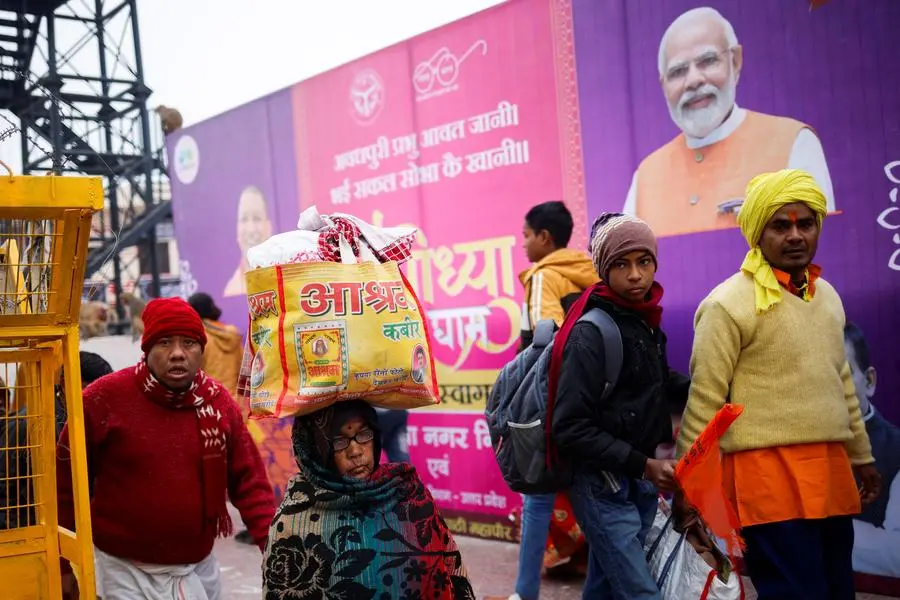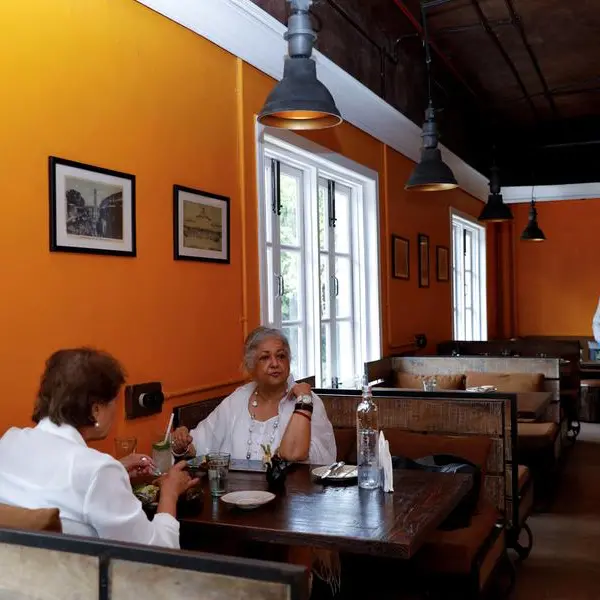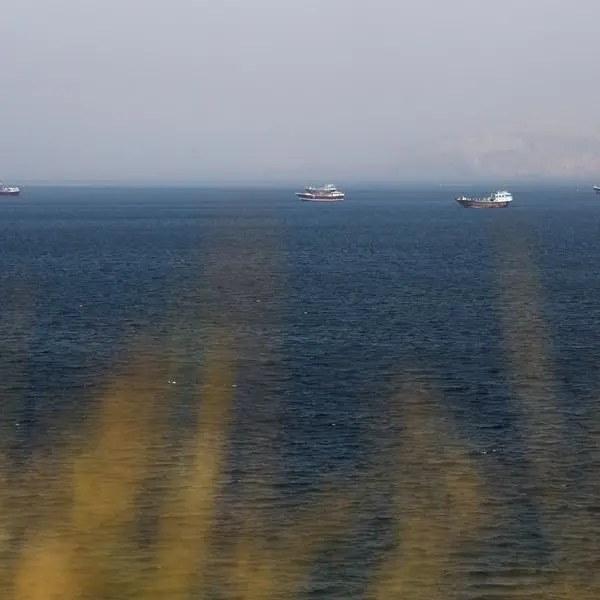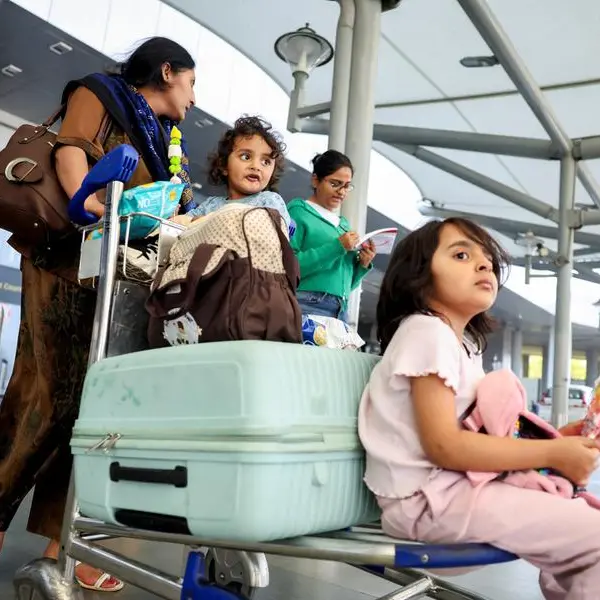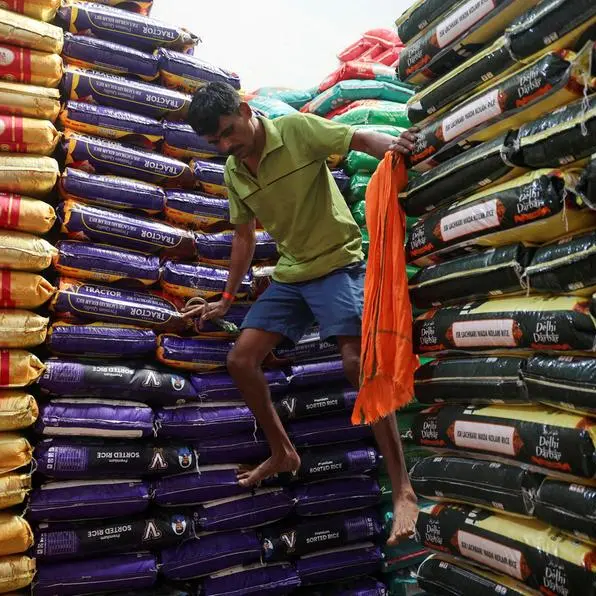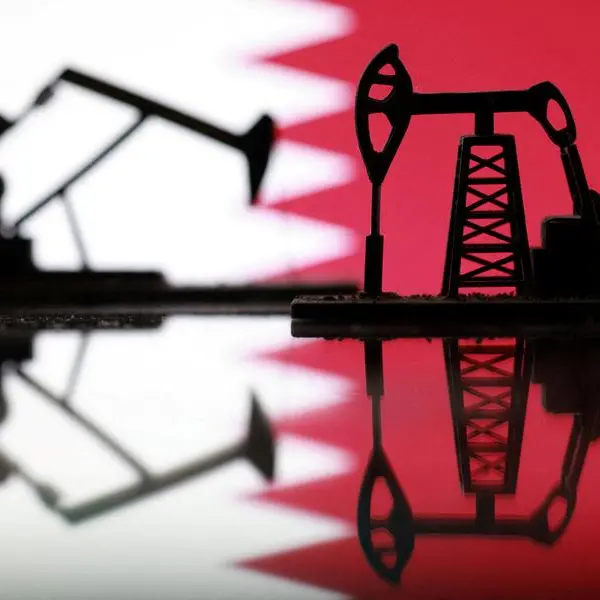PHOTO
Indian Prime Minister Narendra Modi led the consecration on Monday of a grand temple to the Hindu god Lord Ram on a site believed to be his birthplace, in a historic event for the Hindu majority of the world's most populous nation.
Portrayed as a Hindu awakening from centuries of subjugation by Muslim and colonial powers, the event is also being seen as a crucial element in the prelude to Modi’s campaign for a rare third term in general elections due by May.
"The supernatural moment of the consecration ... is going to leave everyone emotional," Modi posted on social network X minutes before the ceremony began. "It is my great pleasure to be a part of this divine programme."
He chanted Hindu religious verses before placing flower petals at the feet of the deity and clasped his palms in prayer, then bowed before it and circled a sacred flame, while outside, a military helicopter showered petals on the temple.
Traditional clarinets played devotional music during the rituals for the 51-inch (130-cm) tall, black stone deity that represents the god-king while politicians, businessmen, sports and media stars watched along with millions nationwide.
Thousands clad in saffron danced in the streets, waving saffron flags as they chanted religious slogans.
"This is a very proud moment for all Hindus," said Mewaram Prajapati, who came from Modi's western home state of Gujarat.
"Our lord suffered a lot. He stayed in tents, braved heat, cold and rains," he added, referring to earlier structures at the site. "Now our god will finally settle in his palace."
The temple delivers on a key 35-year-old promise by Modi's Hindu nationalist Bharatiya Janata Party (BJP), but it has been a contentious political issue that helped catapult the party to prominence and power.
"WATERSHED MOMENT"
For decades, the temple site was bitterly contested by Hindus and minority Muslims, leading to nationwide riots in 1992 that killed 2,000 people, mainly Muslims, after a Hindu mob destroyed a 16th-century mosque that had stood there.
India's Hindus say the site is the birthplace of Lord Ram, and was holy to them long before Muslim Mughals razed a temple at the spot to build the Babri Masjid, or mosque, in 1528.
In 2019, the Supreme Court handed over the land to Hindus and ordered allotment of a separate plot to Muslims where construction of a new mosque is yet to begin.
Nearly 8,000 people were invited to Monday's ceremony, while more than 10,000 police personnel guarded the city of 3 million.
Security was also stepped up nationwide, especially in cities and towns that have suffered past Hindu-Muslim tension and strife.
The temple opens to the public on Tuesday and its management expects 100,000 visitors each day for the next few months.
The event has ignited religious fervour across India, with many states declaring a holiday on Monday, stock markets shut and homes and businesses illuminated after Modi called for it to be marked as another Diwali, the Hindu festival of light.
"Just in sheer magnitude ... this event has almost no precedent in history. It is a watershed moment," commentator Pratap Bhanu Mehta wrote in the Indian Express newspaper. (Writing by YP Rajesh; Editing by Clarence Fernandez)
